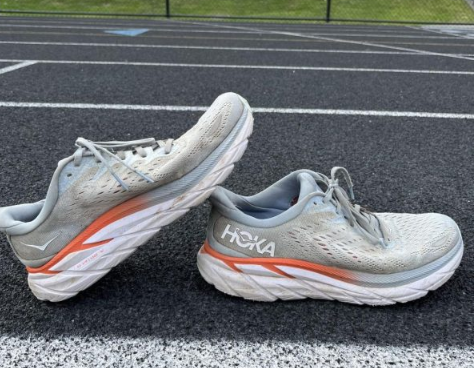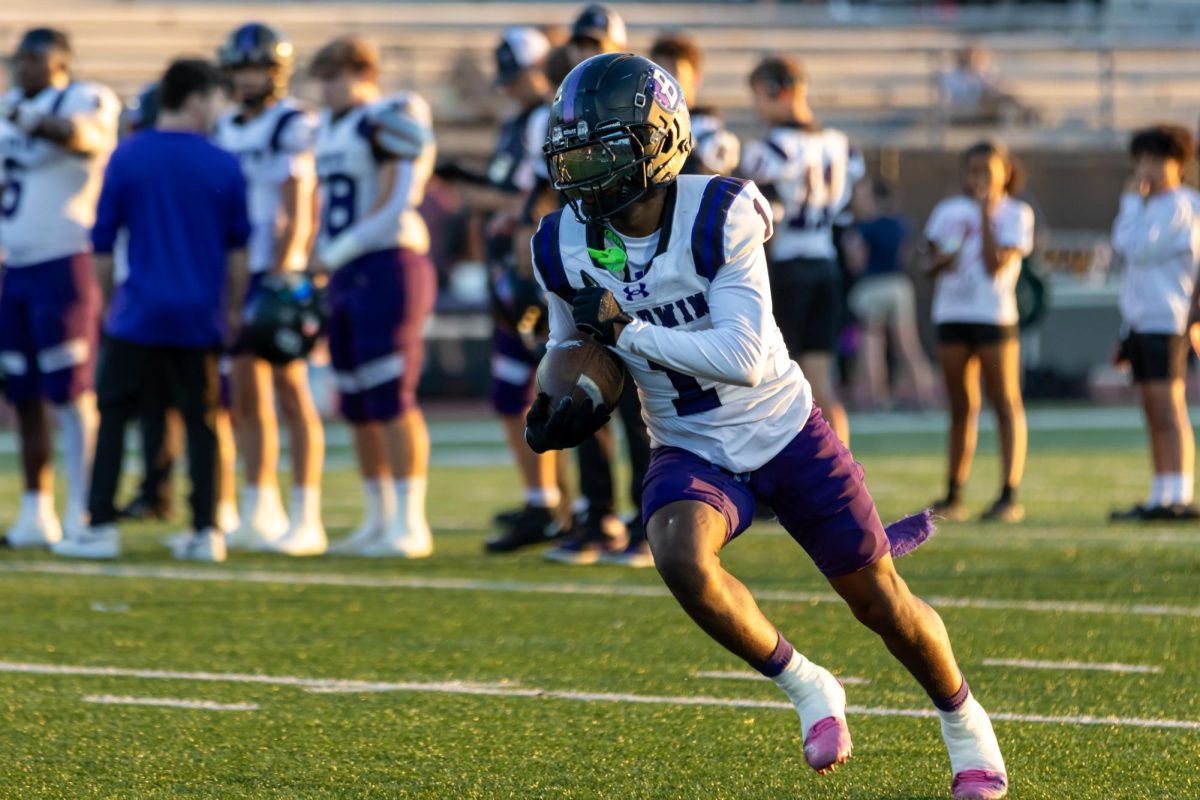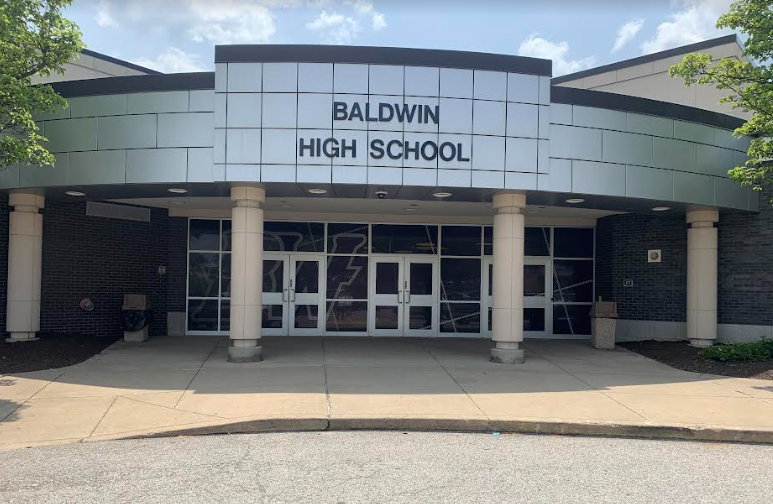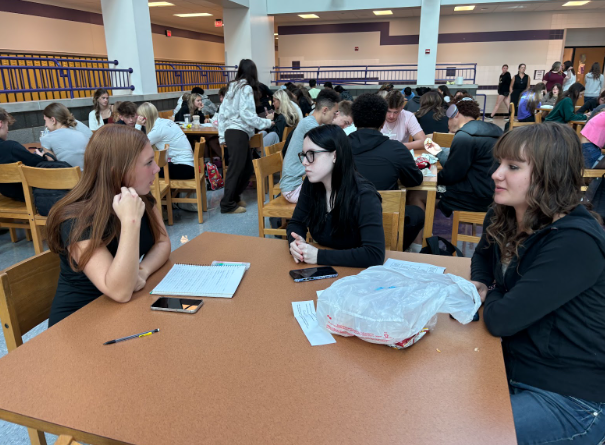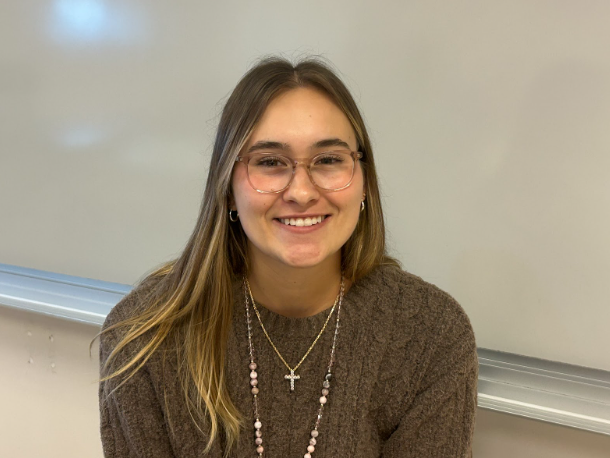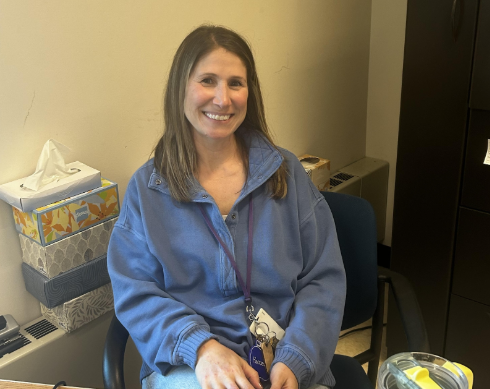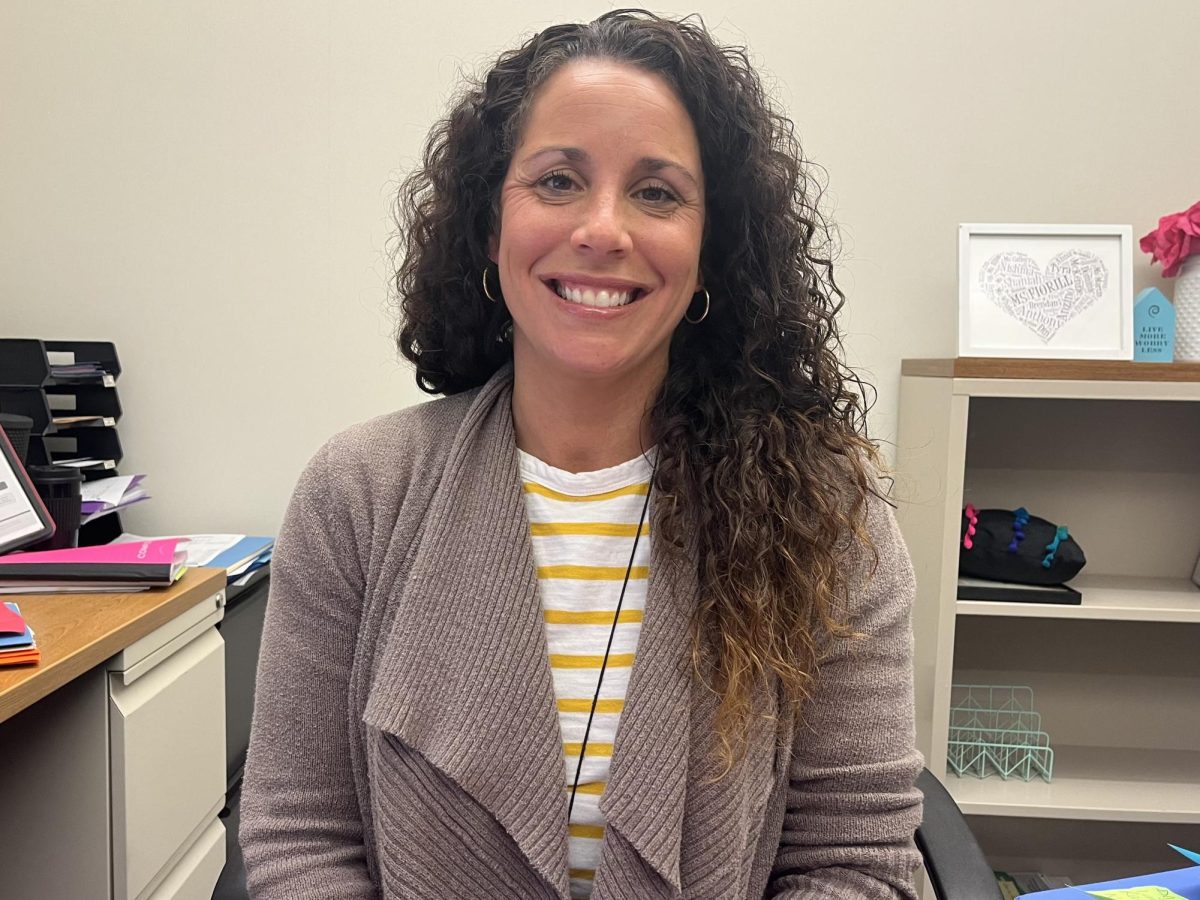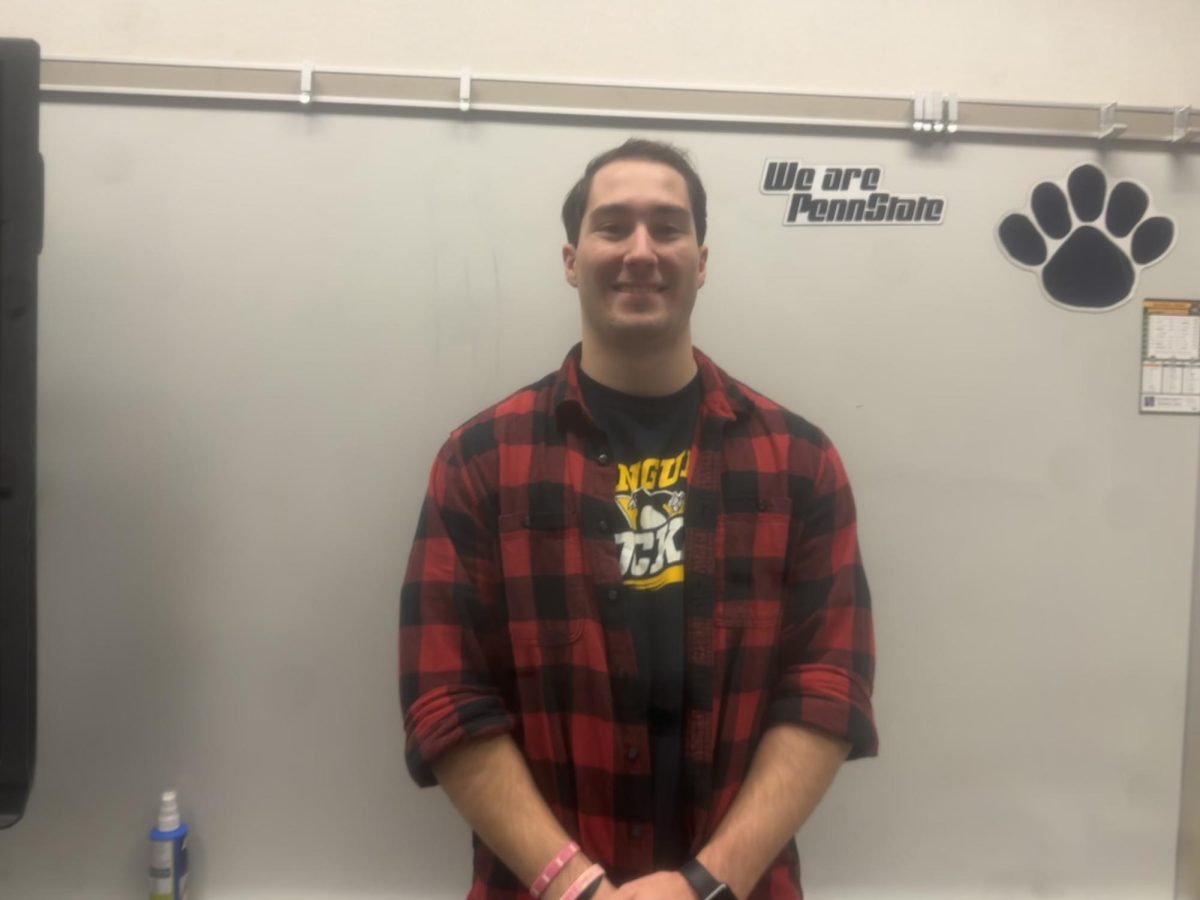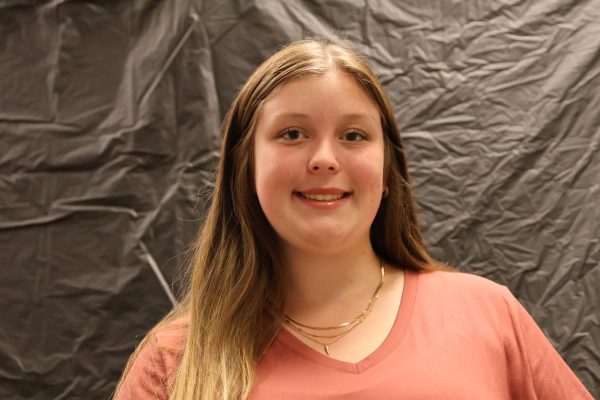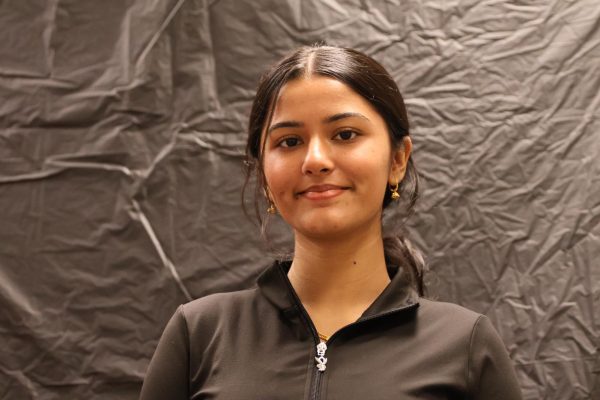Tony Gaskew thinks TV shows like Criminal Minds can give students an unrealistic idea about forensics and law enforcement, and after 20 years of work as a major crimes detective, he should know.
Gaskew, who was assigned to the Justice Department’s organized crime task force, is now an associate dean of academic affairs and a professor of criminal justice at the University of Pittsburgh.
“Shows similar to Criminal Minds might offer some interesting entertainment options but do not offer a realistic representation of the criminal justice field,” Gaskew said.
Gaskew said that even though choosing a major or career can be hard, students need to know their options and how to explore them. He recommended talking to current college students or getting an internship to get a feel as to what the actual job is like.
“College is a significant monetary investment, and most people spend 30 to 40 years in a career field. You want to do your best to make the right career decision,” Gaskew said.
He is far from alone in this opinion.
Dr. Pamela Marshall, director and associate professor of forensic science and law at Duquesne University, is a former forensic serologist and DNA analyst. She emphasizes that popular crime TV shows don’t correctly portray the use of forensic instruments.
“The laboratories in the shows actually do contain a lot of the instrumentation that is real, but sometimes they show it doing things that are not correct,” Marshall said.
Marshall said that in the series Bones and many others, the characters can solve murders or homicides within a few days. In reality, it can take months for tests like DNA or blood tests to come back with results.
In shows like Grey’s Anatomy, the characters discuss their personal problems with patients and act in other ethically questionable ways at times. These kinds of TV show behaviors are not encouraged in real life, and they can cause students to think of the field as something other than what it is.
Baldwin counselor Julie Sumper said students need to be careful and educated before choosing their major and eventual career.
“Television shows don’t portray the real job. They portray all the glamorous parts of the job,” Sumper said. “I do think there are some cases where students think ‘this is what I want to do’ because they aren’t seeing the whole picture.”
Chris Crighton co-teaches a senior honors anatomy and sports physiology class with biology teacher Kent Radomsky. He has been teaching seniors for the better part of 13 years and has had many students who are interested in the medical field.
“I think what can happen sometimes with the shows is they take the cases too personal where I don’t think that is realistic. I think a lot of it is overblown, where they get attached to certain patients,” Crighton said.
Principal Shaun Tomaszewski, who has an extensive background in teaching science at the college level, was a huge fan of the earlier seasons of Grey’s Anatomy. He would even have friends over to watch the episodes when they aired on Thursdays – but he always knew the series wasn’t realistic.
“If you talk to people in the field, there are shades of reality certainly in those shows, and they might pique people’s curiosity to explore those careers. But if that is the reason you want to go into that career, you need to do some serious introspection,” Tomaszewski said.
He said he was initially drawn to Grey’s because at the time he was convinced he wanted to go into a medical career. But after volunteering at Children’s Hospital for two years and teaching college courses, he realized he wanted to go into the teaching field.
He recommended that students seek out internships or volunteer opportunities.
“Shows like Grey’s can give people a very false sense of what the work is actually like and that can be misleading,” he said. “People should never ever base their career aspirations on what they see on either a comedic or dramatized TV show.”
Senior Alex Meyer is going into a physician’s assistant program for college and plans to be an orthopedic surgeon physician’s assistant. She has watched Grey’s Anatomy and The Good Doctor, but she emphasized that she always wanted to go into medicine, and that those shows did not influence her decision.
“I think they had an influence with their humor, but I don’t really think it has affected my decisions on my career,” Meyer said.
Senior Rohan Bhattarai is also going into a physician’s assistant program. When he watched these crime and medical shows, he would get “too critical and mad at the shows” because of how inaccurate they are.
Bhattarai said he took the honors anatomy and sports physiology class because he was already interested in the field.
“Since seventh grade, I knew I wanted to go into the medical field,” Bhattarai said.
Freshman Annie Martire has watched the entirety of Grey’s Anatomy a total of four times, but she said the series does not make her want to join the medical field, nor is it realistic.
“The show has so much more drama than you would find in a professional hospital,” Martire
said.



